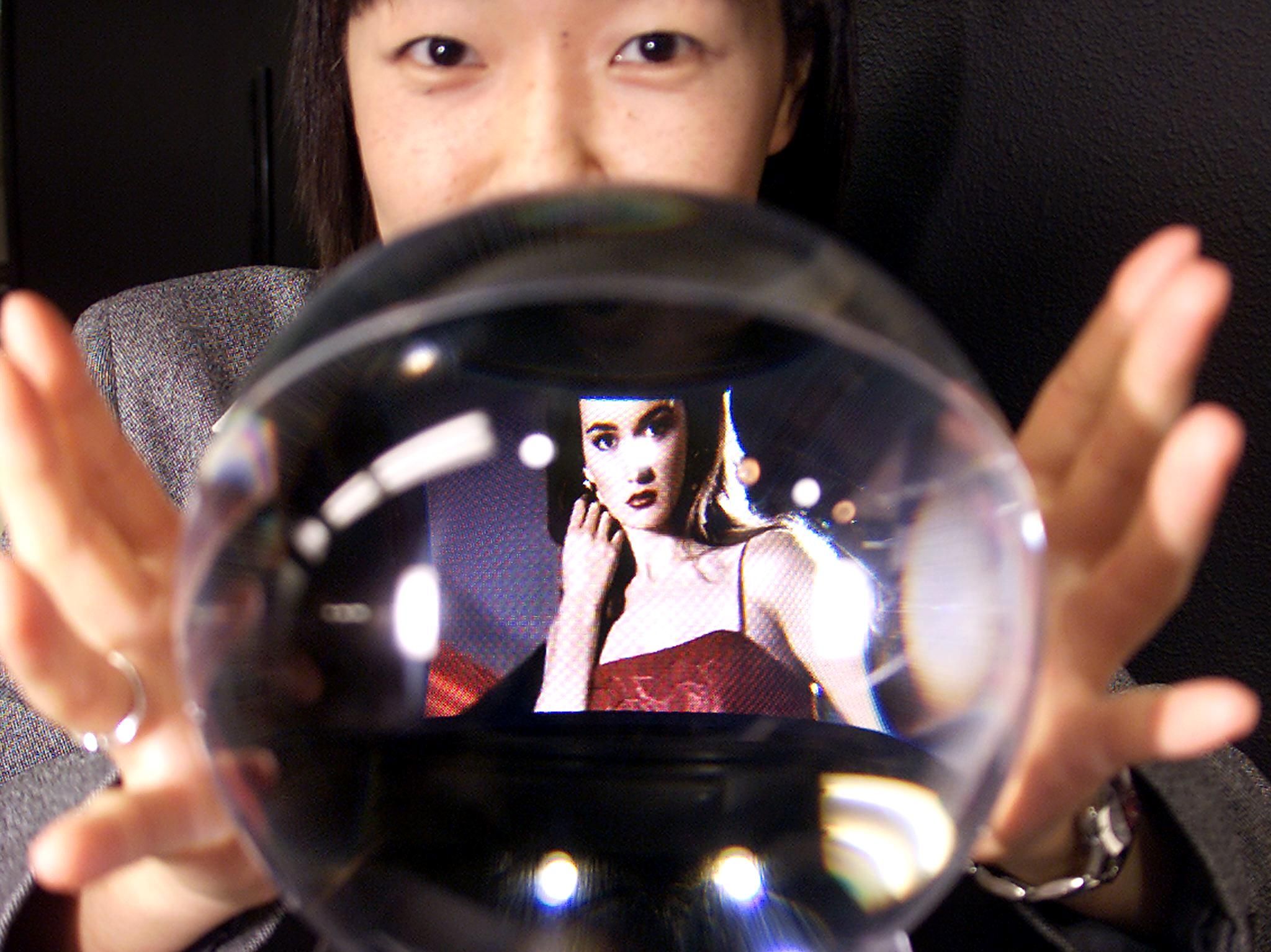
Many people embrace beliefs not backed by science. But there's a difference between following your horoscope and believing in conspiracy theories, like 2Pac being alive and well. It turns out that conspiracy theorists who can't let go of their favorite rapper also are likely to see "signs" in random events and detect nonexistent messages in art.
Related: Ten Weird Ways Scientists Are Changing the World with Gene Editing
Building on research that conspiracy theories are tied to how people detect patterns, scientists at the Free University of Amsterdam in the Netherlands studied the relationship between our perception of patterns and these not-so-logical beliefs. Learning how this works could help us understand the extent to which our beliefs influence what we see.
They aimed to further our understanding in this area with a new set of studies published in the European Journal of Social Psychology. In the first, scientists surveyed 264 Americans about their beliefs in conspiracy theories, with popular assertions like "The U.S. government had advance knowledge of the 9/11 attacks." Fabricated claims—"Red Bull contains illegal substances that raise the desire for the product," for example—also were included. People's beliefs in the supernatural were measured with questions asking about their opinions on horoscopes and mind reading.
After the survey, participants viewed 100 random coin tosses. They ranked whether the order was random or if some mysterious explanation could account for why a head or tail side appeared. The data showed that people who believe in conspiracy theories and the supernatural don't believe that coin toss results are random.
In a second study, 214 people were shown two separate sets of paintings. For the first set, subjects were told the artist was known for his structured artwork, while the second artist was described as using random techniques. Surprisingly to the research team, people who believed in conspiracy theories also saw clear patterns in the second set of paintings.
A third test indicated that even reading about the supernatural or conspiracy theories can increase acceptance of these ideas. The researchers reported that participants found more patterns in the artwork and coin tosses after reading blog posts biased to support conspiracy theories and the paranormal.
The researchers note that seeing spurious patterns as a result of subscribing to conspiracy theories can have consequences. The tendency to connect imaginary dots, "may lead people to consult spiritual healers instead of qualified medical specialists to treat dangerous illnesses, or to base important life decisions (e.g., whether to buy a house, or get a divorce) on information derived from horoscopes or a random draw of tarot cards," they write.
Rest assured, Newsweek has eliminated any belief in conspiracy theories from this story. Or have we?
Uncommon Knowledge
Newsweek is committed to challenging conventional wisdom and finding connections in the search for common ground.
Newsweek is committed to challenging conventional wisdom and finding connections in the search for common ground.
About the writer
Melissa is a science writer covering health for Newsweek and has contributed to Inc., Dr. Oz The Good Life, Men's Fitness, Marie Claire and others. She earned ... Read more
To read how Newsweek uses AI as a newsroom tool, Click here.








